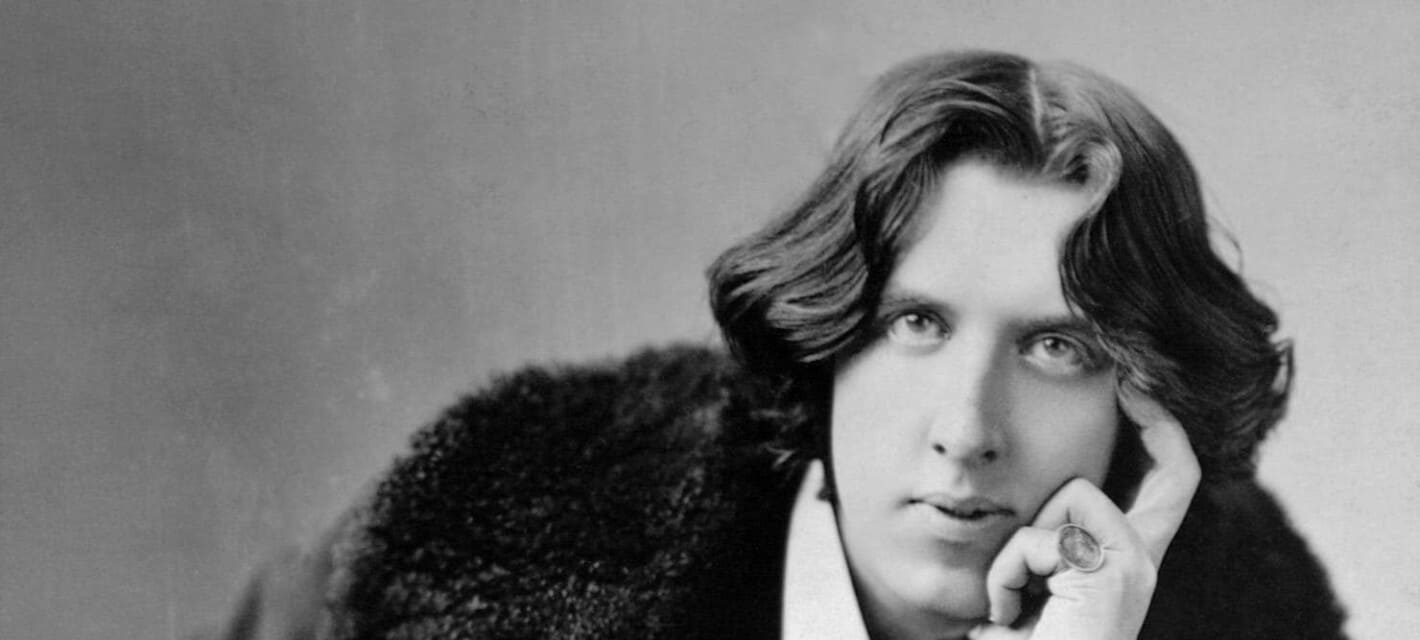While the topic of homosexuality wasn’t routinely spoken about during the Victorian era, it ultimately became a big issue by the end of the 19th century. Homosexuality was simply not tolerated and it was criminalized in 1885. One of the most famous instances of a gay man going to jail occurred in 1895 when Oscar Wilde was sent to Reading Gaol after being charged with gross indecency and sodomy. Along with Alfred Taylor, Wilde was convicted of indecency and sentenced to two years’ hard labor.
It’s interesting to note that the word ‘homosexual’ didn’t enter the English lexicon until 1912 while ‘sodomy’ has been used since 1297. As such, it is easy to imagine that being gay during the Victorian era was downright dangerous because you were likely to spend a few years behind bars. However, historian Jeff Evans delved into a legion of court cases involving the criminalization of homosexuals and was surprised by what he found. Were the supposedly prudish Victorians more lenient towards same-sex couples than the allegedly more enlightened folk of the 1960s? Read on to find out.

Persecution & Prosecution
Evans looked through 280,000 criminal cases from the 1850s to the 1960s where the ‘accused’ were men charged with having sex with men. He was astounded to discover that only 313 of these trials were in the period between the 1850s and the start of World War I in 1914. In other words, there were fewer than five such prosecutions a year for over a half a century in Victorian England. This would suggest that the Victorians were far more tolerant than once believed and perhaps Wilde was an unfortunate victim of his own fame.
The historian also noted that the sentences meted out to guilty parties was significantly reduced throughout the Victorian age. For example, Joseph Dean was sentenced to death in 1851 although it was commuted to transportation for life. By 1903, William Bradly received a 15-month sentence for the same crime at the same court in Liverpool. Remember, Wilde and Taylor ‘only’ received a two-year sentence apiece.

Even so, men were still being imprisoned for doing nothing more than having consensual sex with other men. Although the sentences were ‘lenient’ the shame and scandal that went with the conviction often resulted in suicide attempts. When Francis Archibald John Douglas tried to kill himself after having his heart broken by Lord Roseberry, his father, the 9th Marquess of Queensberry, blamed the ‘corrupting influence’ of Oscar Wilde which led to the writer’s trial and conviction. Wilde’s career lay in ruins thereafter and he died broke and disgraced in 1900.
In the Victorian era, homosexuality was deemed to place a terrible strain on the family dynamic and when citizens and officials were forced to speak about it, the ‘accused’ men were vilified, ostracized, and classified as individuals who went outside acceptable masculinity. In other words, homosexual men were outcasts in society. Indeed, the punishment for making false claims about a man’s sexuality carried a more severe punishment than being homosexual. What’s also interesting about society in the Victorian age was the startling double standards in play.

